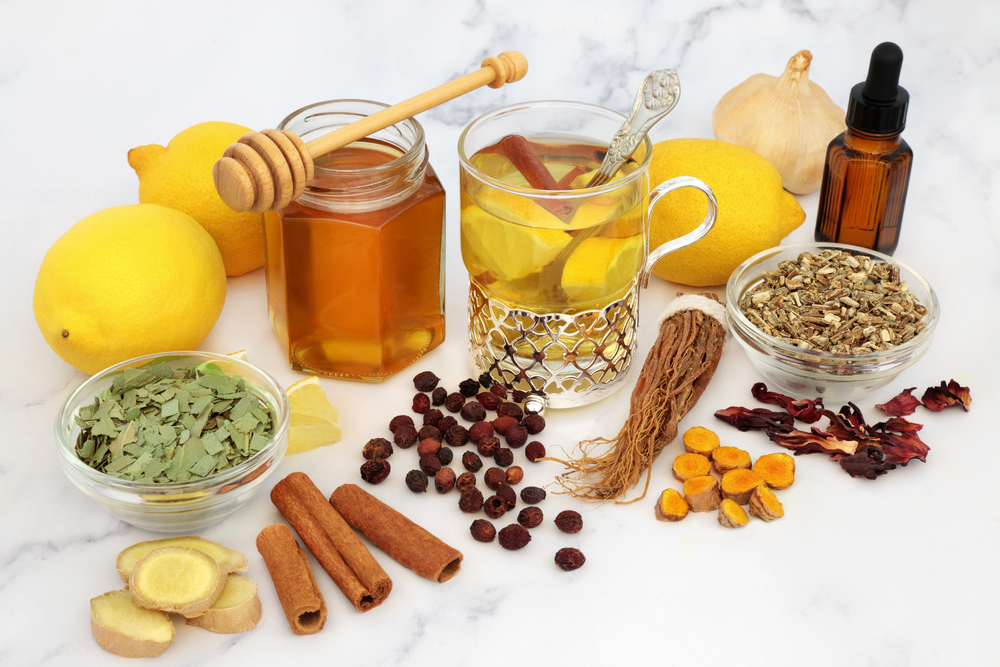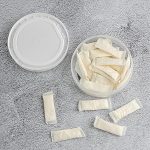Understanding Collagen Production: The Key to Healthy Skin and Joints
We produce less natural collagen as we get older, which causes a number of aging symptoms and joint problems. The process of producing collagen, its significance, and methods to improve it for improved skin and joint health will all be covered in this article.
About Collagen
The body produces collagen, a crucial protein, spontaneously. Collagen production naturally decreases with age, resulting in wrinkles, stiff joints, and weaker muscles. In order to create collagen, these cells use amino acids as building blocks, notably glycine and proline.
A nutritious diet full of antioxidants and vitamins, sufficient sleep, and regular exercise are additional variables that encourage collagen formation. In particular, exercise stimulates fibroblast activity and increases blood flow and oxygen supply to the skin, which helps to synthesize collagen.
The production of collagen can be adversely affected by numerous environmental influences.
Factors Affecting the Production of Collagen
The following factors affect the body’s ability to produce collagen:
- Aging: Our body’s natural collagen production naturally decreases with time, beginning in our 20s.
- Diet: Collagen synthesis can be impacted by a diet that is deficient in vital minerals including vitamin C, zinc, and copper.
- UV Exposure: Prolonged sun exposure can harm collagen fibers, which accelerates the aging process.
- Smoking: Smoking contributes to skin aging by reducing collagen formation and accelerating its breakdown.
- Chronic stress can both increase and impede the formation of collagen.
It’s crucial to lead a healthy lifestyle in order to support the body’s Collagen Productions. Among them are:
Eating a balanced diet: Include foods high in nutrients that help create collagen, like lean proteins, fruits, vegetables, and healthy fats. Supplementing with collagen or eating foods like bone broth that are high in collagen can also be helpful.
Sun protection: To reduce collagen deterioration brought on by UV radiation, use sunscreen regularly, cover up with protective clothing, and seek shade during the hottest parts of the day.
Giving up smoking: Smoking has been found to hasten the breakdown of collagen and hinder its synthesis. Smoking cessation can enhance collagen production and skin health in general.
Stress management: The formation of collagen can be adversely affected by ongoing stress and high cortisol levels. To keep your cortisol levels in check, try relaxing activities like yoga, meditation, or hobbies.
Getting adequate sleep: Your body regenerates and repairs tissues, including collagen, while you sleep. To support adequate collagen formation, aim for 7-9 hours of good sleep each night.
By implementing these suggestions and leading a healthy lifestyle, you may encourage the body to produce more collagen, which will keep your skin looking young, your muscles strong, and your joints flexible.
Conclusion
The preservation of healthy skin and joints depends on the creation of collagen. The aging process can be slowed down and general skin and joint health can be improved by being aware of the elements that influence collagen synthesis and implementing tactics to increase its production. We can preserve excellent joint function and enjoy youthful-looking skin for years to come by taking care of our collagen levels.

















